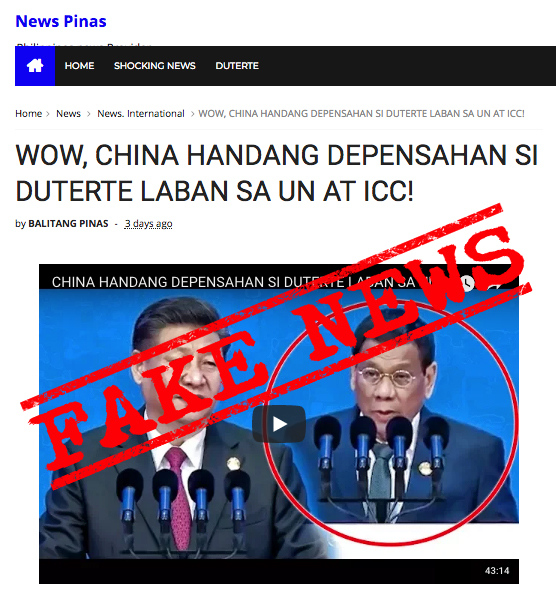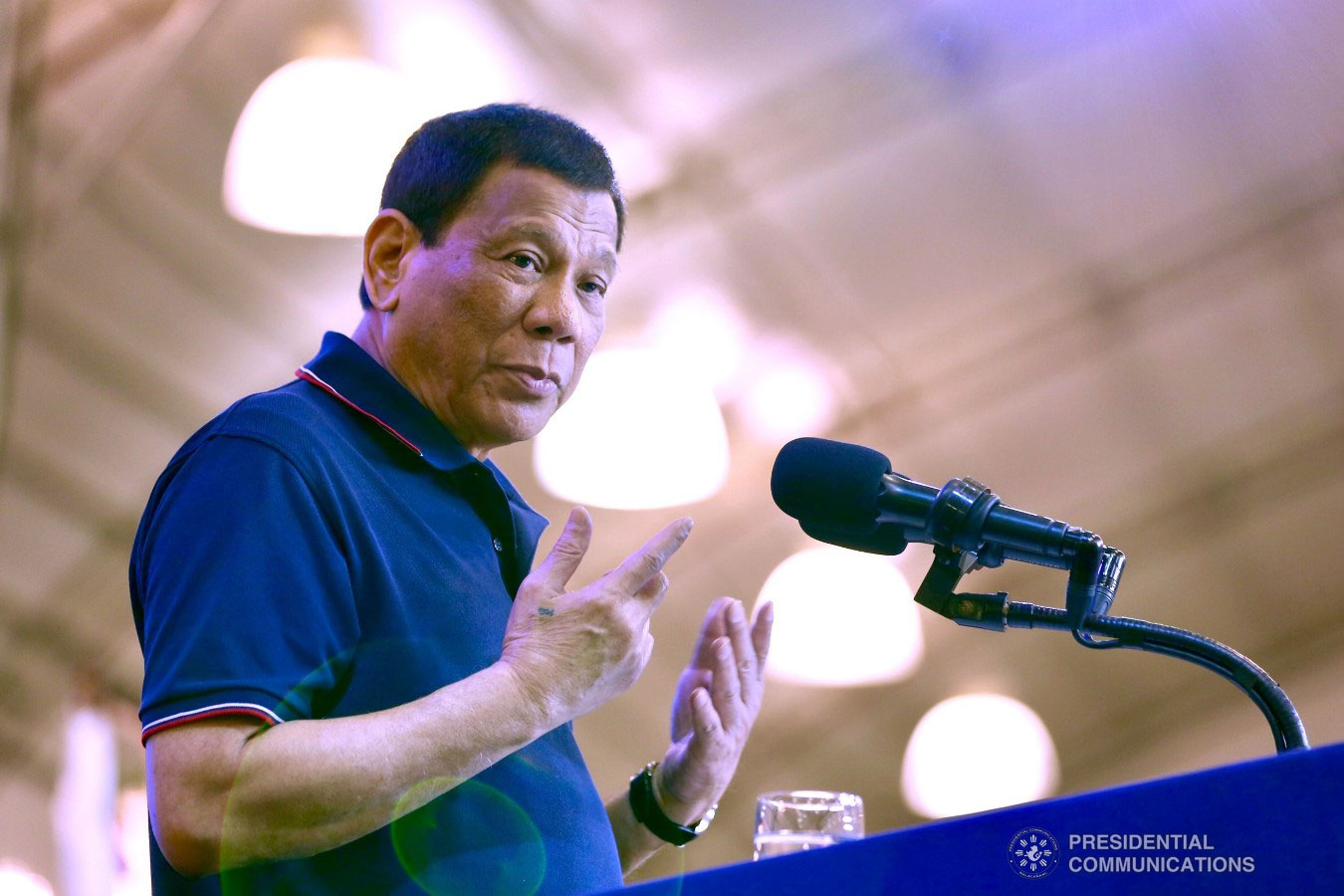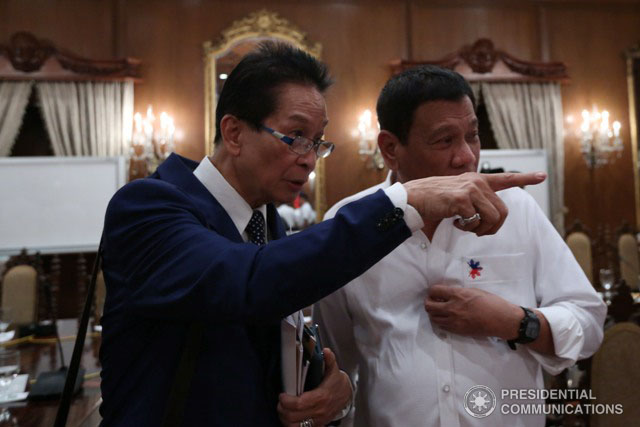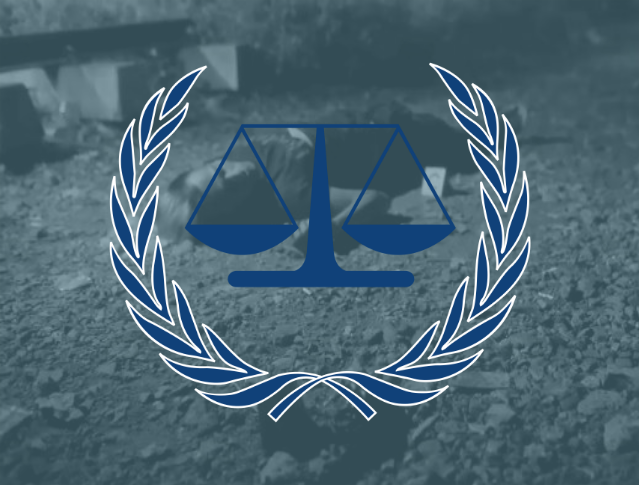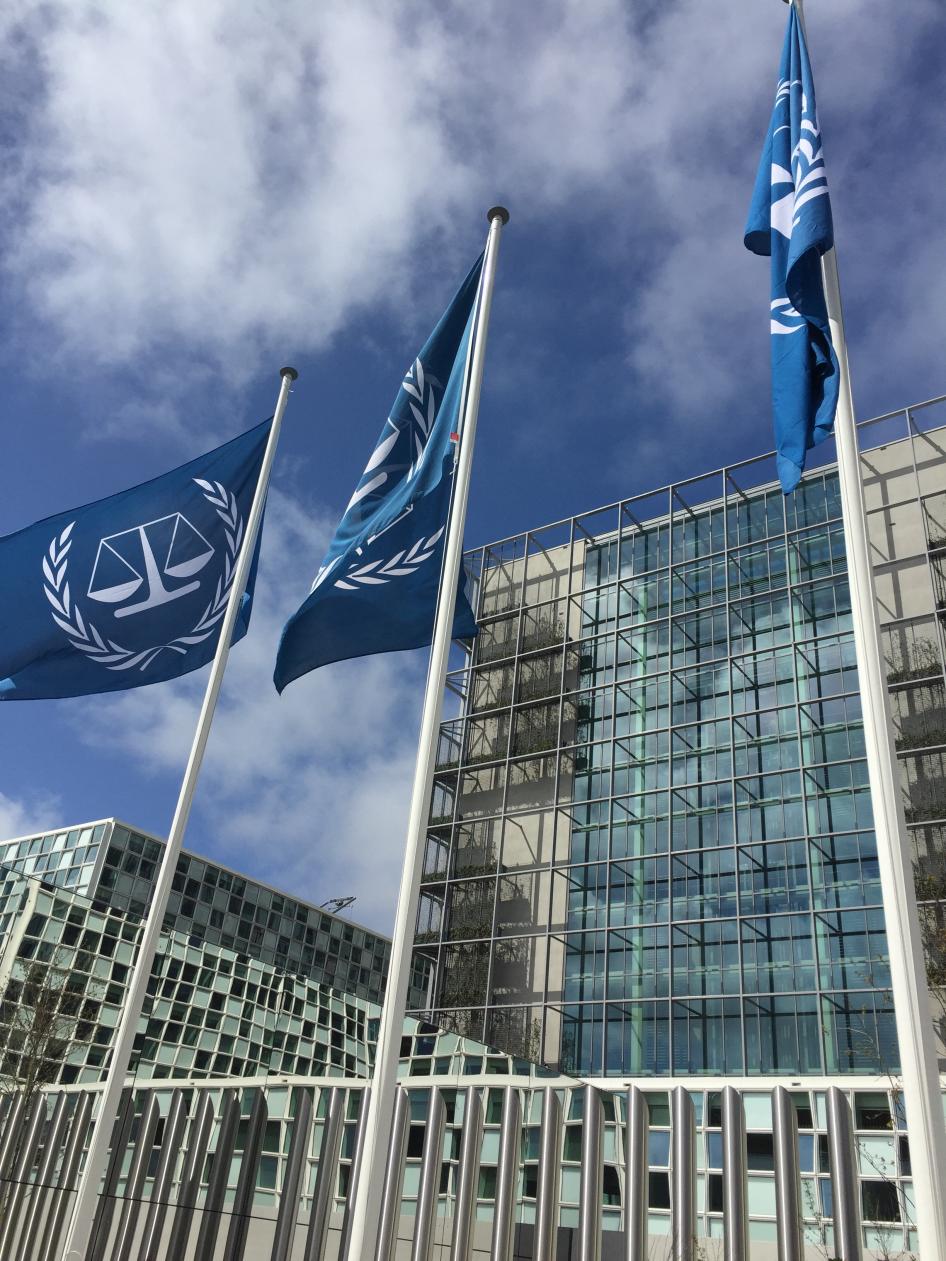
The International Criminal Court premises in The Hague, Netherlands. File photo by Human Rights Watch.
President Rodrigo Duterte cited the principle of territoriality when asked if the International Criminal Court (ICC) has the jurisdiction to look into his alleged involvement in the “continuing mass murder in the Philippines.”
The president was reacting to a 77-page communication lawyer Jude Josue L. Sabio submitted on April 24 to the prosecutor’s office of the ICC at The Hague, Netherlands accusing Duterte and other public officials of crimes against humanity.
The communication, titled “The Situation of Mass Murder in the Philippines, Rodrigo Duterte: The Mass Murderer,” called on ICC prosecutor Fatou Bensouda to take appropriate action.
The ICC was created by the Rome Statute. Article 5 of the statute lists crimes against humanity, genocide, war crimes and the crime of aggression as crimes that are under the ICC’s jurisdiction.
STATEMENT
Asked in an ambush interview on April 27 if he thinks the ICC has the jurisdiction to handle Sabio’s communication, Duterte replied:
“Well, I don’t know. Ako, I haven’t talked to any lawyer. But you know, the fundamental thing in our Revised Penal Code, it is territoriality. That only… You can only be prosecuted in the country where you committed the crime. Alam ba ninyo ‘yan (Do you know that)? What are the features of our criminal system? One is territoriality.”
(Source: Ambush Interview, Malacanang Palace, April 27, 2017,watch from 03:02 – 03:25)
FACT
The Rome Statute entered into force in 2002. The Philippine Senate ratified it in 2011.
By ratifying the treaty, the Philippines agreed to its “international legal system of holding international criminals accountable before the world’s first permanent international criminal tribunal,” said Center for International Law executive director Romel Bagares.
Article 17 of the Rome Statute, however, states the ICC only admits cases if all domestic remedies have been exhausted.
Also, Article 11 (2) gives the ICC jurisdiction only over crimes that are committed after the Rome Statute has come into force in a country.
Under Article 126 (2), the Rome Statute shall enter force on the first day of the month after the 60th day following the deposit by such state of its instrument ratification, acceptance, approval or accession.
The Philippines ratified the statute on Aug. 23, 2011 and deposited the instrument of accession with the United Nations Secretary General on Aug. 30, 2011. The Rome Statute became operative in the Philippines on Oct. 31, 2011.
Sabio’s communication to the ICC prosecutor contained testimonies from self-confessed hitmen Edgar Matobato and Arthur Lascanas that implicated Duterte in the Davao Death Squad (DDS). Duterte was mayor of Davao City for more than 22 years, until June 2016.
“If these alleged crimes happened before Oct. 31, 2011, they are excluded from the ICC’s temporal jurisdiction,” Bagares said.
Should the Philippines withdraw from the ICC, as Duterte once threatened to do, it still has to fulfill its obligations that arose when it was a party to the statute.
Article 127 of the Rome Statute states the party’s “withdrawal shall not affect any cooperation with the Court in connection with criminal investigations and proceedings in relation to which the withdrawing State had a duty to cooperate and which were commenced prior to the date on which the withdrawal became effective.”
To withdraw from the ICC, a country has to submit a written notification addressed to the UN Secretary General. The withdrawal will take effect a year after receipt of the notification, unless a later date is specified.
BACKSTORY
Duterte is also facing an impeachment complaint filed on March 20 by Magdalo party-list representative Gary Alejano for his alleged involvement in extrajudicial killings and corruption.
What are the implications of the impeachment complaint on the communication Sabio filed before the ICC?
If it is established that a state is unable or unwilling to prosecute cases that can be investigated as well by the ICC. Article 15 (3) of the Rome Statute authorizes the ICC’s Office of the Trial Prosecutor to begin an investigation proprio motu upon the consent of the Pre-Trial Chamber, Bagares said.
If Duterte gets impeached, Bagares said a communication against him can still be lodged with the ICC.
The impeachment only has to do with his “fitness to continue the discharge of his functions as president under the 1987 Constitution,” he said.
Source:
Rome Statute: https://www.icc-cpi.int/resource-library/Documents/RS-Eng.pdf

